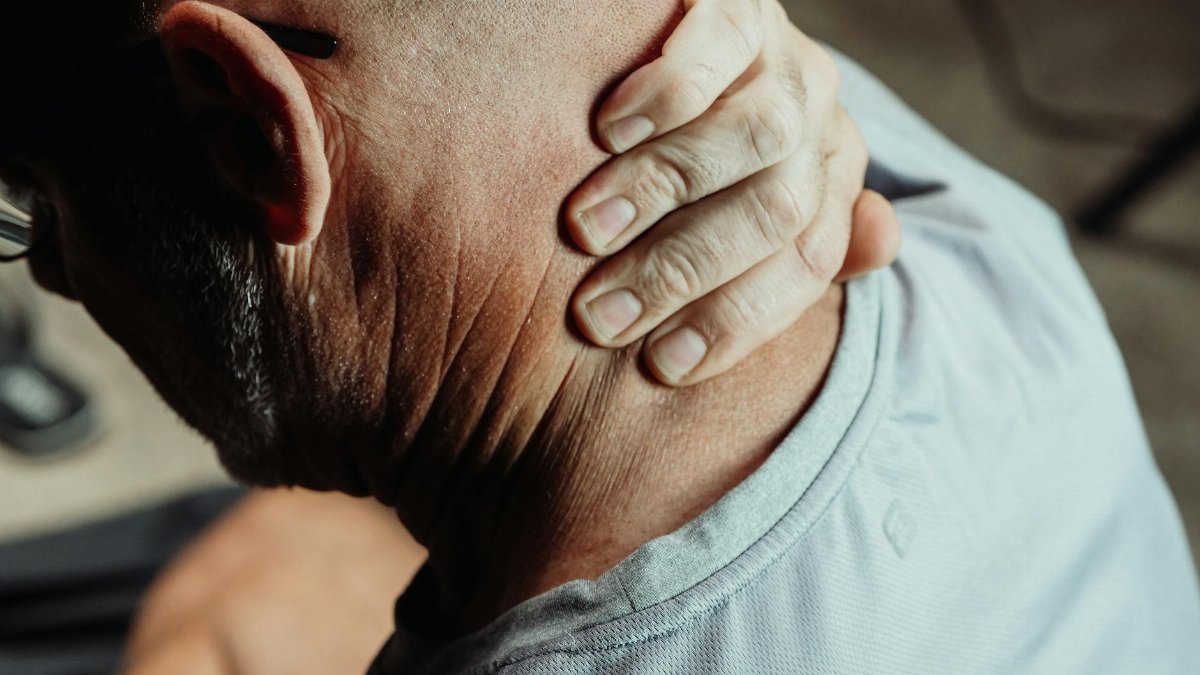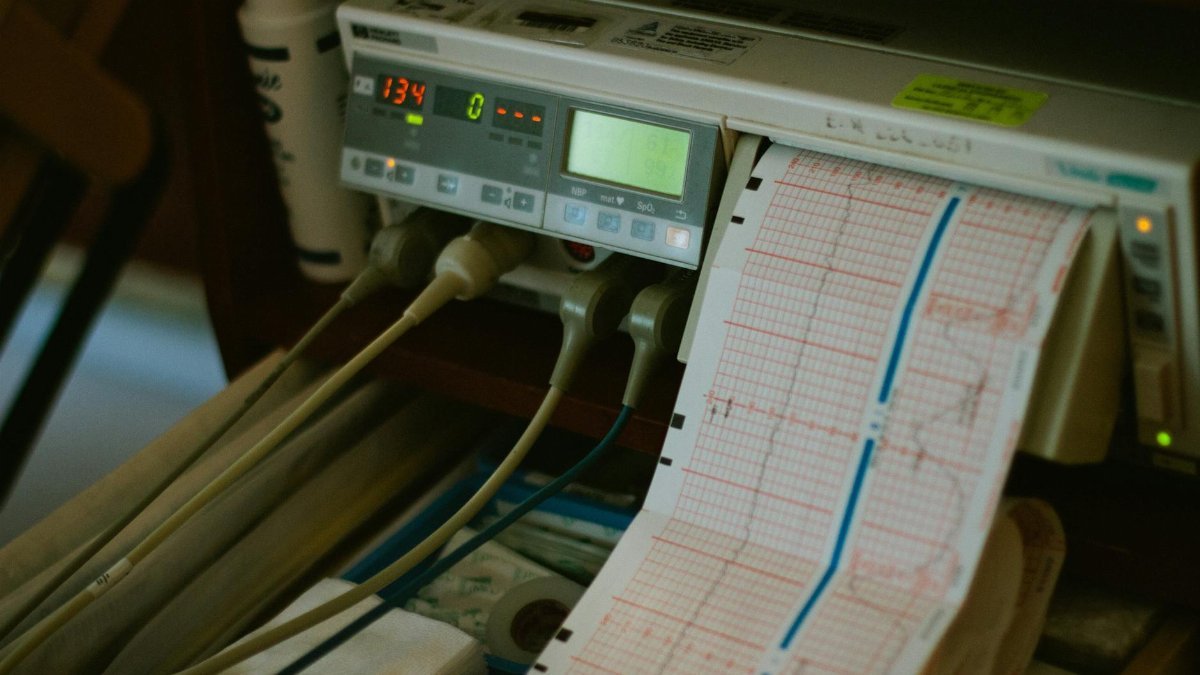Is breath counting vs box breathing the ultimate stress-buster everyone’s raving about? As anxiety rates climb—with over 31% of U.S. adults reporting symptoms in 2025, per the National Alliance on Mental Illness—people are desperate for quick calm. Both techniques promise to lower heart rates and boost focus, but which works faster? This showdown cuts through the hype, comparing these popular breathing methods for real results. Let’s break down how they stack up in science, practice, and everyday use to see which one truly delivers under pressure.
What Is Breath Counting?

Breath counting is a mindfulness technique rooted in Zen meditation. It’s simple: inhale and exhale naturally while mentally counting each breath cycle, usually up to 10, then restarting. The focus on numbers anchors the mind, cutting through distractions. Studies, like those from the National Center for Biotechnology Information, suggest it can reduce stress by engaging the parasympathetic nervous system. It’s low-effort, requiring no strict timing, making it ideal for beginners or high-stress moments.
What Is Box Breathing?

Box breathing, often used by Navy SEALs, follows a structured 4-4-4-4 pattern: inhale for 4 seconds, hold for 4, exhale for 4, hold for 4, then repeat. This rigid rhythm aims to stabilize heart rate variability (HRV), a key stress marker. Research from the Cleveland Clinic highlights its effectiveness in calming the body during intense situations. It’s precise but demands focus, which can be tough under duress.
Speed of Stress Relief

When it comes to calming fast, box breathing often takes the lead. Its structured pattern forces a slower respiratory rate, directly impacting the vagus nerve to lower heart rate within minutes. A 2023 study showed participants using box breathing dropped their stress scores by 23% in under 5 minutes. Breath counting, while effective, works more gradually, relying on mental focus that can falter if anxiety is peaking. For urgent calm, box breathing wins.
Ease of Use Under Pressure

Breath counting shines for accessibility. There’s no need to track seconds or hold breaths—just count. This makes it easier during a panic spike or in public settings where timing feels awkward. Box breathing, with its strict cadence, can feel clunky if you’re distracted or breathless. Users often report frustration when they can’t “stick to the box” under stress. For simplicity in chaos, breath counting pulls ahead.
Impact on Heart Rate Variability

Heart rate variability (HRV) measures stress resilience, and both methods boost it—but differently. Box breathing’s consistent pacing creates immediate HRV spikes, signaling a shift to relaxation. Breath counting builds HRV over time by reducing mental noise, though results vary based on focus. Data suggests box breathing offers quicker biofeedback, ideal for athletes or those tracking metrics in 2025’s wearable tech boom. If you want measurable gains fast, box breathing edges out.
Long-Term Benefits

Over weeks, breath counting may foster deeper mindfulness, embedding calm as a habit. Its meditative roots help rewire stress responses, with practitioners reporting sustained anxiety drops. Box breathing, while potent short-term, can feel mechanical, limiting emotional grounding for some. If you’re after lasting mental shifts rather than quick fixes, breath counting offers more depth. It’s less about instant relief and more about building resilience.
Who Should Use Which?

Choosing between breath counting vs box breathing depends on your needs. If you’re in a high-stakes job or facing sudden stress—like a first responder or executive—box breathing’s rapid effect is clutch. For those with chronic anxiety or a meditation practice, breath counting aligns better with ongoing calm. Test both in low-pressure settings first. Your lifestyle and patience level will dictate the fit.
Disclaimer
The content on this post is for informational purposes only. It is not intended as a substitute for professional health or financial advice. Always seek the guidance of a qualified professional with any questions you may have regarding your health or finances. All information is provided by FulfilledHumans.com (a brand of EgoEase LLC) and is not guaranteed to be complete, accurate, or reliable.
